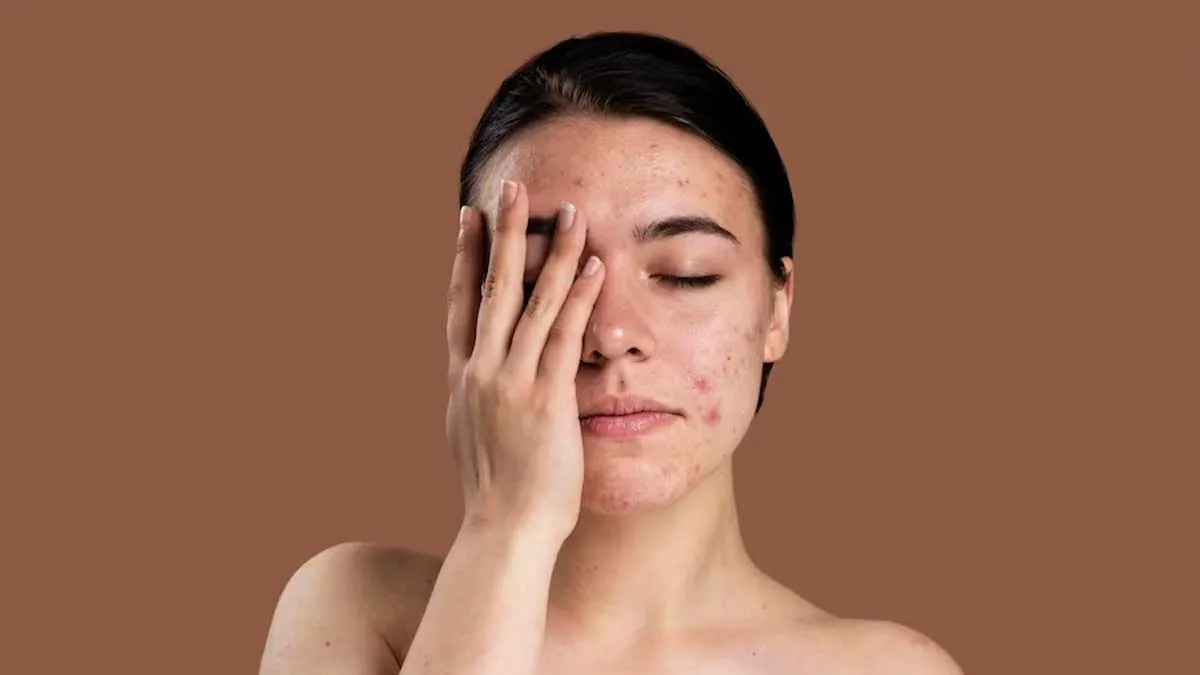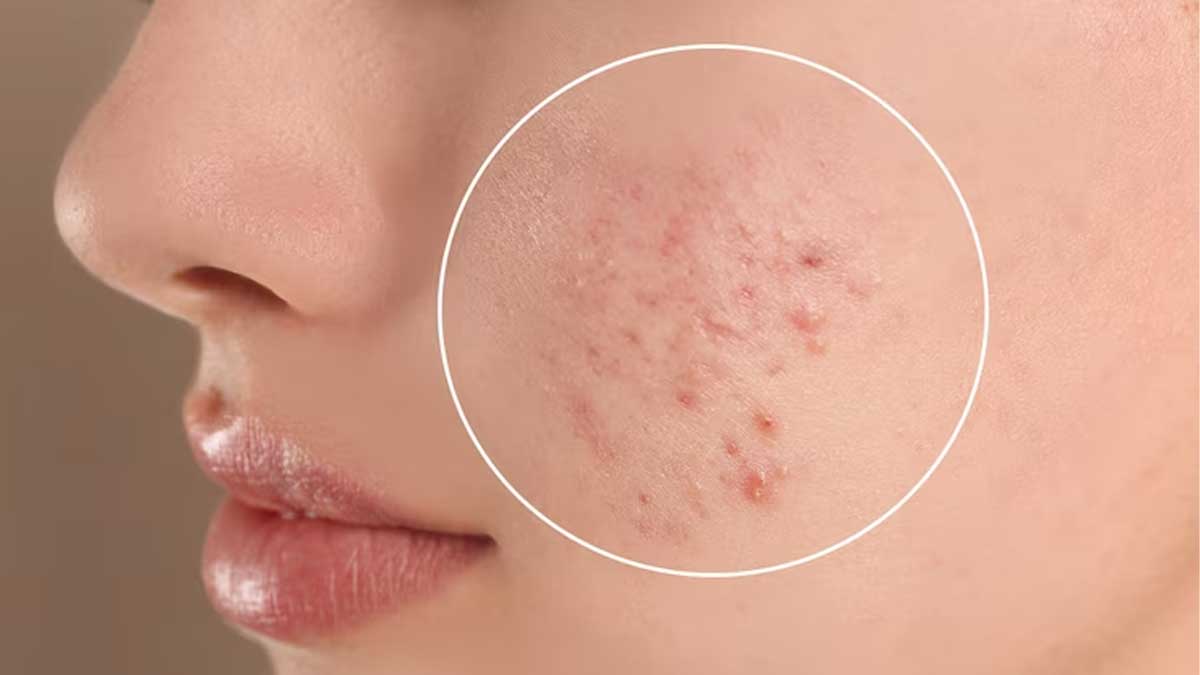
Acne is a common skin condition that affects people of all ages, but women are particularly susceptible due to hormonal fluctuations and other factors. Understanding the causes of acne can help in managing and preventing breakouts more effectively. Here are some of the key factors contributing to acne in women.
Table of Content:-
Causes Of Acne In Women You Should Know For Better Management
1. Hormonal Fluctuations
Hormones play a significant role in acne development. Changes in hormone levels during menstruation, pregnancy, menopause, or conditions like polycystic ovary syndrome (PCOS) can lead to increased oil production, clogged pores, and breakouts.
2. Stress and Anxiety
Stress increases the production of cortisol, a hormone that can stimulate oil glands and exacerbate acne. Women who experience chronic stress may notice more frequent and severe breakouts.

Also Read: Eye Infection Is Common in Summer: These Tips Will Keep Your Eyes Infection-Free
3. Diet and Nutrition
Certain foods, such as those high in refined sugars and dairy, have been linked to increased acne. Consuming a balanced diet rich in whole foods, vegetables, and omega-3 fatty acids may help reduce inflammation and improve skin health.
4. Skincare and Cosmetic Products
Using comedogenic (pore-clogging) skincare or makeup products can contribute to acne. It’s essential to choose non-comedogenic, oil-free, and gentle products to prevent breakouts.
5. Poor Hygiene and Environmental Factors
Not washing your face regularly, using dirty makeup brushes, or frequently touching your face can introduce bacteria and lead to acne. Environmental pollutants can also clog pores and worsen skin conditions.
6. Medications
Certain medications, including birth control pills, corticosteroids, and antidepressants, can trigger or worsen acne. If you suspect a medication is affecting your skin, consult a healthcare provider for alternatives.

Also Read: Know From An Expert: Common Mistakes Parents Make That Lead To Constipation In Children
7. Genetics
Genetics play a role in acne susceptibility. If acne runs in your family, you may be more likely to experience it. While genetic predisposition cannot be changed, proper skincare and lifestyle choices can help manage the condition.
8. Underlying Medical Conditions
Medical conditions like PCOS, thyroid imbalances, or insulin resistance can contribute to persistent acne. Addressing these underlying health issues with medical guidance can lead to improved skin health.
Effective Acne Management Strategies
Maintain a Consistent Skincare Routine: Use a gentle cleanser, exfoliate moderately, and moisturise regularly.
Adopt a Healthy Diet: Reduce sugar intake and increase consumption of anti-inflammatory foods.
Manage Stress: Incorporate stress-relieving activities like yoga, meditation, or regular exercise.
Consult a Dermatologist: If acne persists, seek professional advice to explore treatment options such as topical treatments, oral medications, or advanced skincare procedures.
By identifying the underlying causes of acne and implementing preventive measures, women can achieve healthier, clearer skin. Consistency in skincare, lifestyle adjustments, and medical guidance when needed can make a significant difference in managing acne effectively.
Also watch this video
How we keep this article up to date:
We work with experts and keep a close eye on the latest in health and wellness. Whenever there is a new research or helpful information, we update our articles with accurate and useful advice.
Current Version